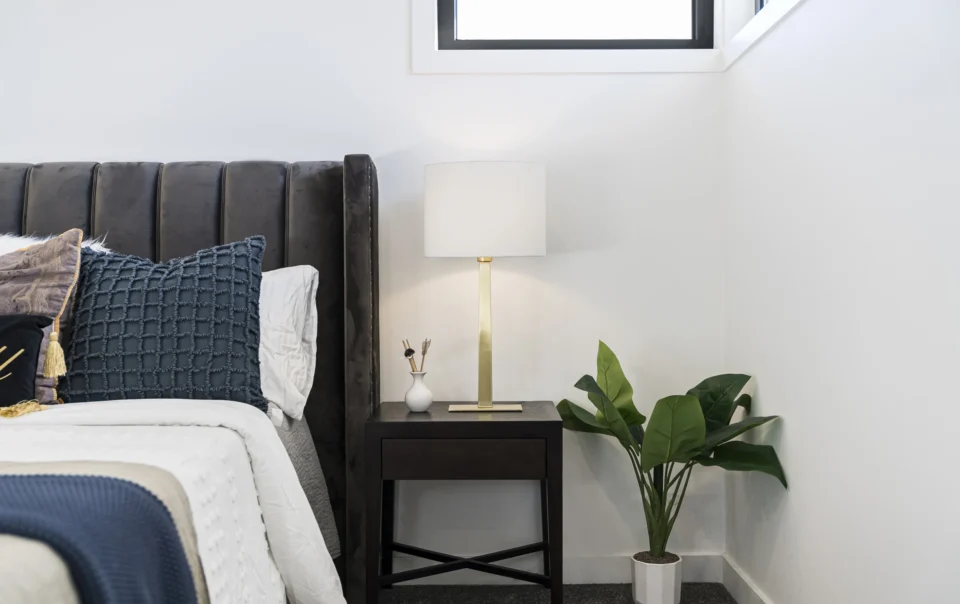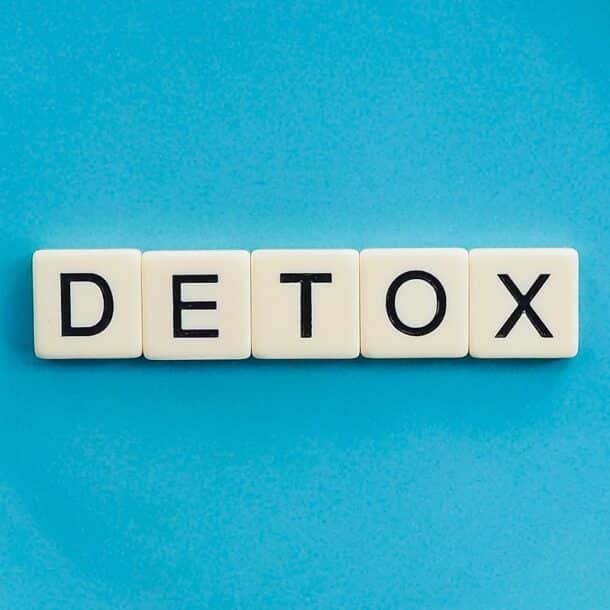
How to Cope With Depression Without the Use of Substances
Depression is a mental health disorder that can leave a person feeling alone and not in control of their own life. With depression, simple tasks like getting out of bed each day can feel impossible.
You may have tried to quell your symptoms on your own with the use of substances. Self-medicating distressing mental health symptoms with addictive substances can lead to addiction which is called a co-occurring disorder. Over time, substance abuse and misuse lead to dependence, consequently substance use disorder (SUD). If you struggle with a co-occurring disorder, you may find that your depression is only exacerbated.
When you use substances to cope with depression, your depression can actually be more intensified when not under the influence of substances. This can lead to even deeper spirals, where you may be at risk of hurting yourself or others around you.
Perhaps you know the risk but don’t know how to change your behavior. It can be terrifying to give up your only crutch to combat your depression. Fortunately, there are ways to cope with depression without the use of substances.
Medication
Medications can be a great way to treat depressive symptoms. There has always been a stigma around mental health and addiction. However, many find relief from medication acquired from a professional specializing in addiction treatment. With that, there are some things that you should know about before taking your prescriptions.
#1 It Might Require Trial and Error
Sometimes the first option isn’t always right. Medication works by triggering certain receptors in the brain, and the first medication you get might not always hit the right receptor. This is why you want to see professional help.
A good psychiatrist will prescribe what they think is best for you. However, there is sometimes a trial and error process. If the first one doesn’t work, then your prescriber will need to modify your medication or dosage until you get it right.
#2 Give It Time
Medication takes time before it takes effect. Wait for it to hit your system before deciding whether to start a new one instead. In some cases, medicine can take a couple of months to reach the desired results.
#3 Consider the Side Effects
When taking medication, there are always side effects to consider. You may not experience them all, but the list should always be assessed first. Side effects can be minor things like fatigue to more severe adverse reactions. If a medication makes your depression worse or doesn’t change it at all, always consult your doctor.
Medication can be a powerful tool to fight your depression. However, there are also other things that you can do to help combat depression with or without the assistance of medication.
Lifestyle Changes
You likely heard this before, but diet and exercise are excellent at combating depression. Being conscious of these two things may shock you at how much they make a difference.
#1 Diet
A healthy diet may not appear to have a significant impact on your mental health, but it does. Studies have shown that an increase in fruit and vegetable consumption can lessen the effects of depression. That’s why it is essential to maintain a balanced diet while improving your physical health.
#2 Exercise
There are so many benefits to exercising. For one, it will get your body in better shape. It will also decrease your depressive symptoms. The ironic part of this is that when you are in the midst of a depressive episode, exercise is the last thing you want to do. Depression makes it so that you don’t want to get up and be active. This can be a tough hurdle to overcome.
However, if you can push yourself to do something simple, like go for a walk, you will feel the benefits almost instantly. When you exercise, you increase the oxygen in your body and brain, which reduces anxiety and depressive symptoms.
Things Can Change
Depression can be taxing and exhausting, but it doesn’t have to stay that way. The restraints that depression puts in your path can be overcome. While it may seem difficult to put in the effort, you will find that a little goes a long way, whether that is through prescribed medications or creating healthy lifestyle habits.
If you are still having trouble getting a grasp on your depression, reach out for help. Healing Pines Recovery can help you overcome and cope with your depression. While it may seem impossible now, you have the ability within you to make the changes to beat it. You can win the fight against your depression.
When choosing to seek treatment for addiction and substance use disorder, many individuals also have to work through mental health disorders too. One of the most common types of mental health disorders is depression. Before treatment, you may have used substances as a form of self-medication to cope with negative feelings.
So how do you cope with depression now that you are no longer using it? At Healing Pines Recovery, we offer many different treatment options for clients to explore. Some treatment options are more traditional, and others take a more holistic approach. Our team of experts is here to help you process your emotions and the uncomfortable feelings that arise in detox.
If you or someone you know identifies as male and is struggling with their mental health and substance use, reach out to Healing Pines Recovery today at (720) 575-2621.
Paul Leafstedt
Paul was born and raised in the beautiful state of Colorado. He went to college in California at CAL Poly Pomona, majoring in Mechanical Engineering. Being a person in recovery and always finding fulfillment in helping others succeed, Paul co-founded a treatment center in California with 4 other partners. Paul came back to Colorado to continue his journey in the field of addiction, and to share his vision for Healing Pines Recovery. “Colorado is such a magical place for me, its natural beauty and peace lend itself for the perfect environment to connect with yourself and others. Healing Pines is different, it’s real, you can feel it. What you see is what you get here. This is a safe place to dig deep and be vulnerable, to re-discover yourself, what the world has to offer and what you have to offer the world.”Begin Your Journey & Escape Addiction
The first step can be the hardest. Fill out the form or call us at (720) 575-2621. You will be connected with a Healing Pines Recovery specialist who can answer your questions and help you get started.
Let Us Help You
Speak to Someone Right Now







